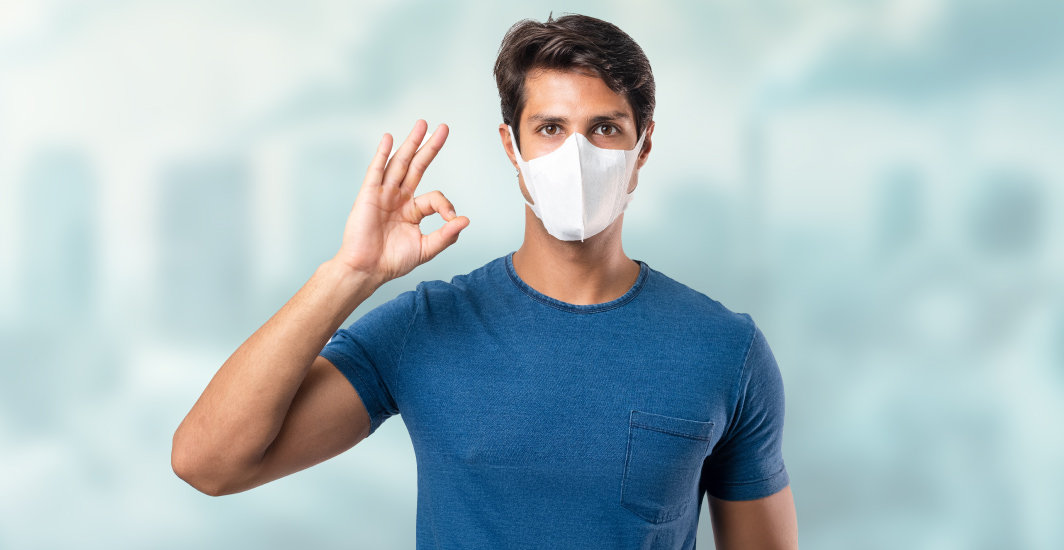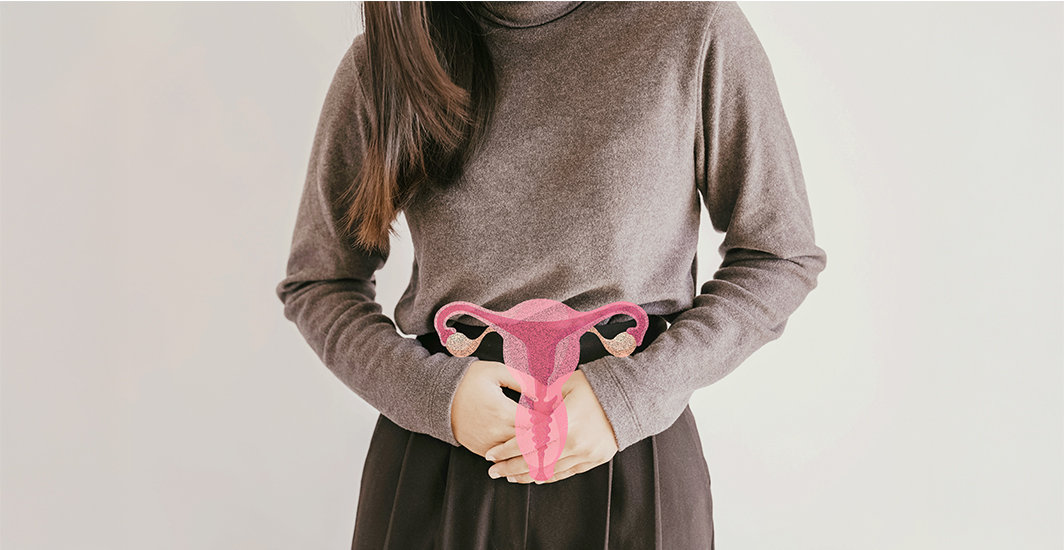- Home
- Blog
- General Health
Unlocking The 7 Essential Steps In Morning Skincare Ritual
General Health
Unlocking The 7 Essential Steps In Morning Skincare Ritual
By Apollo Pharmacy, Published on- 18 March 2024, Updated on -23 April 2024
Share this article
0
0 like

Skincare isn't a luxury anymore, it's an absolute necessity. The onset of most skin-related issues can be significantly delayed by following a structured daily skin care routine at home. A well-structured morning skincare ritual can help you protect your skin and rejuvenate it from within. It also prepares your skin to face daily environmental challenges, such as exposure to pollution and UV rays.
Let's unlock the 7 essential steps of a proven morning skincare ritual.
1. Morning Cleanse
A morning cleanse is the primary step in your daily skin care routine at home. As we sleep, our skin repairs itself, shedding dead skin cells or secreting oil. A gentle cleanse in the morning helps remove these impurities. Here are a few things to keep in mind while using a cleanser:
- Cleansers come in many forms – gels, foams, creams, and oils – each catering to different skin types. Always opt for a gentle cleanser that suits your skin type.
- Remember, overzealous cleaning can strip away the skin's natural oils, leading to dryness and irritation.
2. Toning
Once your face is clean, the next step in this morning routine is toning. A good toner can help replenish lost moisture and balance the skin's pH level which may have been disturbed during cleansing. Toners also help remove any leftover impurities or residues on the skin. For the right application:
- Dampen a cotton pad with toner and gently sweep it over your face and neck.
- Let it dry naturally; do not wash it off.
- If you have sensitive or dry skin, look for an alcohol-free toner to add to your list of skin care products.
3. Applying Serum
Applying a lightweight, fast-absorbing serum can help you target specific skin issues like pigmentation, wrinkles, or dullness. Serums contain a high concentration of active ingredients such as antioxidants, hyaluronic acid, or vitamin C. To reap the complete benefits of a serum:
- Choose a serum based on your skin concern. For instance, a vitamin C serum is perfect for those looking to brighten their complexion and combat signs of ageing.
- Apply the serum by gently patting it onto your clean and toned skin, covering all areas except the sensitive eye area.
4. Using an Eye Cream
It is important not to neglect your eye area while you learn how to take care of your skin. The skin around the eyes is very delicate and often shows the first signs of ageing. An eye cream can help combat morning puffiness by hydrating and protecting this sensitive area. Here's how to use an eye cream:
- Apply a small amount using your ring finger in a dotting motion along your orbital bone, that is, the bone around your eye.
- Avoid putting the cream too close to your eyes as it can cause irritation.
5. Moisturizing the Skin
Your skin needs hydration to stay healthy. After following all the above steps in your daily skin care routine at home, it's time to lock in hydration with a moisturiser. A good moisturiser prevents water loss from the skin's outer layers, keeps it hydrated and plump, and forms a protective barrier against environmental factors. These are a few tips for effective moisturising:
- Choose a moisturiser according to your skin type. For oily skin, a lightweight, oil-free moisturiser works best while dry skin benefits from a richer cream-based moisturiser.
- Apply moisturiser while your skin is still slightly damp from your serum or toner to lock in that extra moisture.
- Don't forget to moisturise your neck, as it's one of the first places to show signs of ageing.
6. Applying Sunscreen for Sun Protection
Sun damage is one of the leading causes of premature ageing. Thus, adding sunscreen to your list of skin care products is a must. It protects your skin from damaging UV rays which can increase the risk of skin cancer. To maximise the benefits of a sunscreen:
- Always opt for a broad-spectrum sunscreen with an SPF of at least 30, which will protect you from both UVA and UVB rays.
- Reapply every two hours when outside.
7. Lip Care
The final step that you should follow to take care of your skin is lip care. The skin on our lips is thinner than the rest of our face and is thus more prone to drying out and chapping. A lip balm with SPF can help protect them from sun damage while keeping them soft and hydrated. Look for ingredients like shea butter, beeswax or vitamin E which are known for their moisturising properties.
Remember that consistency is key to seeing results, so make sure you follow these steps every morning.
Conclusion
In essence, a daily skin care routine at home is the key to maintaining healthy and glowing skin. A well-structured morning skincare regimen not only revitalises the skin but also shields it from environmental influences throughout the day. It helps address specific skin issues and also prevents future skin problems. Given that each person's skin is distinct, it's crucial to customise your skin care products list to cater to your individual needs and concerns.
Services
General Health
Frequently asked questions
The 7 essential steps of a complete morning skincare ritual are: cleansing, toning, applying a serum, using an eye cream, moisturising, applying sunscreen, and finally, using a lip balm.
Determining which products are right for your daily skin care routine at home requires an understanding of your skin type and specific concerns. Always read the labels carefully before adding any product to your skin care products list.
Absolutely! The key is to choose products that are suitable for sensitive skin. Not all skin care products are created equal. While tailoring your skin care products list, look for products that are specifically designed for sensitive skin, and are free from harsh chemicals and known irritants.
To start with your morning skincare routine you might need a gentle cleanser, an alcohol-free toner, an antioxidant serum with Vitamin C, an eye cream, a good moisturiser and a broad-spectrum sunscreen. Always remember to perform a patch test for new products before starting to use them regularly.
Exfoliation can be included in your skincare routine but it isn't recommended for daily use as it may lead to over-exfoliation and harm your skin barrier.
Leave Comment
Services
Recommended for you

General Health
Top 9 Anti-Pollution Face Masks
Looking for the best face mask to combat pollution? Discover our top 9 picks for anti-pollution masks that combine comfort, style, and advanced filtration to keep you breathing cleaner air every day. From dust and allergens to harmful pollutants, these masks offer essential protection wherever you go!

General Health
5 Health Benefits Of Carrots
Discover the numerous benefits and uses of carrots in this informative guide. Learn how this nutrient-rich vegetable can enhance your health and well-being.

General Health
Normoz Tablet: How It Helps in PCOS Management?
Discover how Normoz tablet helps manage PCOS by regulating hormonal balance, improving ovulation, and supporting overall reproductive health. Learn its benefits, dosage, and precautions.
Subscribe
Sign up for our free Health Library Daily Newsletter
Get doctor-approved health tips, news, and more.

